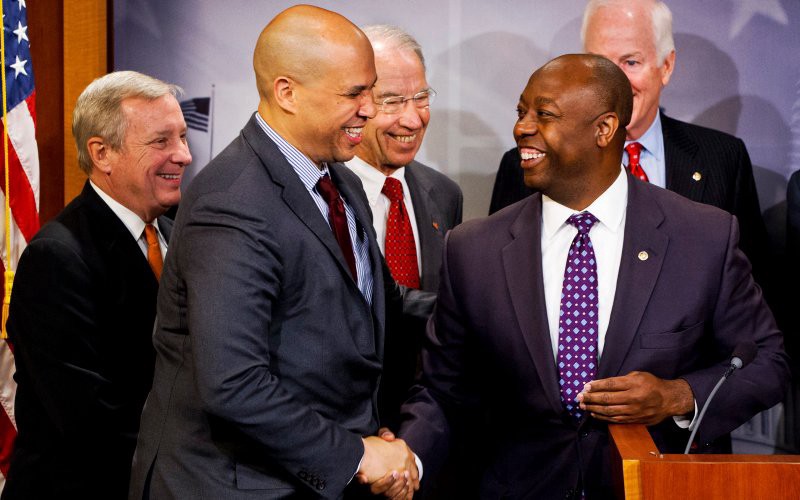The intention to generate social or environmental benefit is key to impact investing. But a tax break can be an additional incentive.
Among the many provisions of the Republican tax bill signed by President Trump last month is the new “Investing for Opportunities Act,” which lets investors temporarily defer taxes by investing their capital gains in distressed areas designated as “opportunity zones.” Such capital gains taxes can be reduced if such investments are held for five to seven years. The bill also creates “opportunity funds,” or “O Funds,” that help investors locate, execute and share risk on investments in low-income neighborhoods.
With as much as $2.3 trillion in unrealized capital gains in U.S. stocks and mutual funds, the new provision could draw significant investment to low-income communities. The legislation was based on an idea pushed by the Economic Innovation Group, a D.C. entrepreneurship think tank, and was introduced last year by Sens. Tim Scott (R-SC) and Cory Booker (D-NJ) and Reps. Pat Tiberi (R-OH) and Ron Kind (D-WI).
Bipartisan legislation to bring private investment to America’s “emerging markets”
At least in its earlier version, the idea drew broad support from impact investors. “We love the idea — market-based incentives that marry impact and local investing,” posted Pacific Community Ventures, a small business support network in San Francisco. “Love this bill! Too many barriers baked into current VC system to invest in the best long-term ideas,” said Ross Baird, the CEO of Village Capital, which seeks to bridge the funding gap for startups outside of Silicon Valley. AOL founder Steve Case and J.D. Vance, author of “Hillbilly Elegy,” who have raised $150 million for their “Rise of the Rest” fund, have also been advocates of the bill.
Tax credits
In the end, advocates for community development and renewable energy financing say the final tax bill did less damage than originally feared. The cut in the top corporate tax rate, from 35% to 21%, does lower the value of various tax credits. An analysis by Novogradac & Co. estimates that the tax bill bill could reduce affordable rental housing production by nearly 235,000 homes over the next decade because of the lower corporate tax rate (and a change to the housing credit’s inflation calculation).
Four ways the tax bill would hurt low-income Americans
But the final bill retained the Low-Income Housing Tax Credit (Housing Credit), along with the New Markets Tax Credit (NMTC), which is currently authorized through 2019. Also surviving are private activity bonds, or PABs, which are critical to more than half of all housing credit developments, according to Enterprise, a major community development financer.
The final bill also preserved critical tax credits for wind energy, solar power and electric vehicles that had been slated for elimination in earlier versions. “Republicans sent a message that they won’t back attempts to kneecap ongoing growth in renewables, despite pressure from the oil and gas industry to scale back incentives for clean energy,” wrote Inside Climate News.











